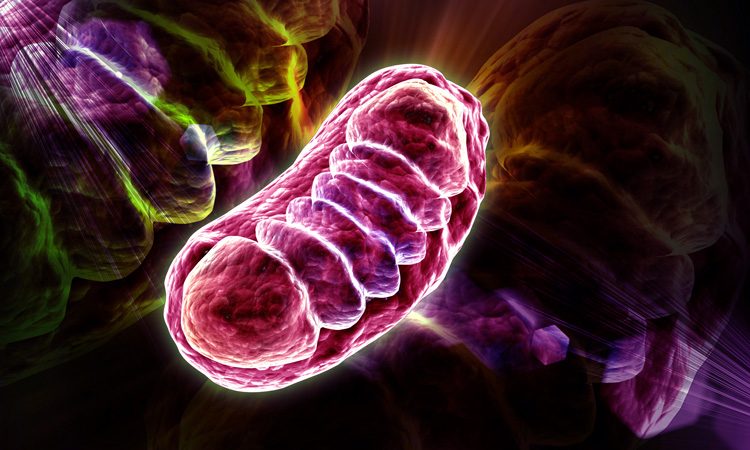Resisting weight gain with cells
- Like
- Digg
- Del
- Tumblr
- VKontakte
- Buffer
- Love This
- Odnoklassniki
- Meneame
- Blogger
- Amazon
- Yahoo Mail
- Gmail
- AOL
- Newsvine
- HackerNews
- Evernote
- MySpace
- Mail.ru
- Viadeo
- Line
- Comments
- Yummly
- SMS
- Viber
- Telegram
- Subscribe
- Skype
- Facebook Messenger
- Kakao
- LiveJournal
- Yammer
- Edgar
- Fintel
- Mix
- Instapaper
- Copy Link
Posted: 23 September 2019 | Sam Mehmet (New Food) | No comments yet
Nestlé Research has undertaken exploration which points towards the body’s natural ability to resist weight gain through active cells.


The worldwide overweight and obesity epidemic has become a critical healthcare issue in both developed and developing economies.
Nestlé Research scientists, along with clinical researchers from the Clinical Hospital at the University of St-Etienne, France, identified the molecular aspects underlying the low body weight and fat of Constitutional Thinness (CT) individuals, who are noted to eat a ‘normal’ diet but exhibit a natural resistance to weight gain.
Research tends to focus on strategies to help people lose weight, but little is known about why certain people are resistant to weight gain in the first place.
By understanding the biological mechanisms that underlie this resistance to weight gain in CT individuals, Nestlé hopes to help in provide solutions that work on long-term weight and health maintenance.
The results of the study published in the American Journal of Clinical Nutrition, show that CT individuals have distinct differences in their fat tissue. Despite the fact that their fat cells are smaller, they contain more mitochondria, which produce energy in cells. The increased mitochondrial activity results in a higher fat burning rate and higher fat synthesis. These combined mechanisms lead to an increasing of energy expenditure, and thus to resistance to weight gain.
“Understanding the natural reasons why some people are resistant to weight gain could provide new biological targets for weight management solutions and could, ultimately, allow more targeted nutritional approaches for obese people, helping them in long-term weight maintenance,” said Dr Nele Gheldof, from Nestlé Research.
Related topics
Health & Nutrition, Obesity, Research & development, Technology & Innovation, The consumer







